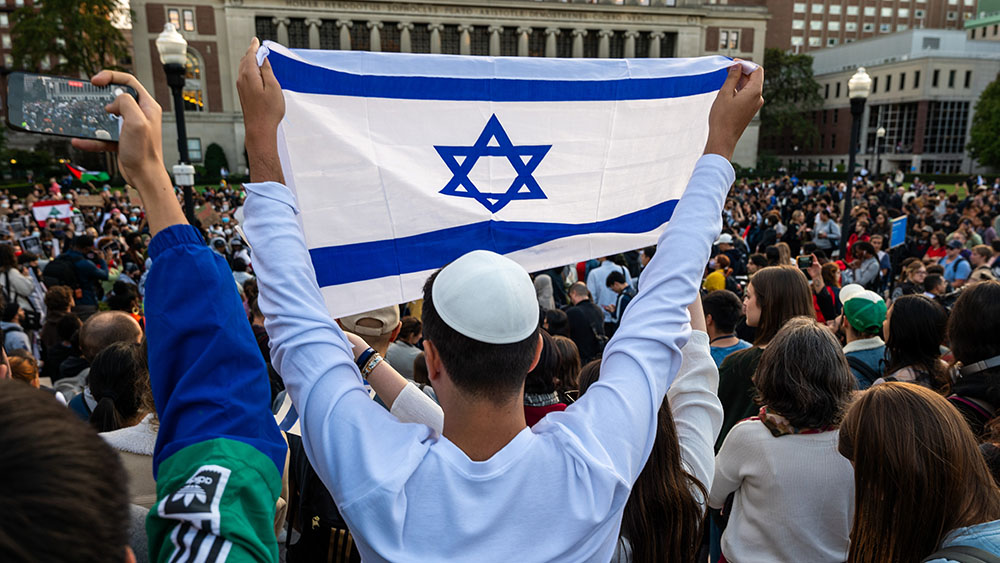Russia Declares Continued Support To Venezuelan Army, Debunks "Myths"
A month ago all appearances indicated Moscow was rapidly drawing down military support to the Venezuelan armed forces, especially given the surprisingly rapid exit of one of the largest Russian state defense contractors, Rostec; however, this week top foreign ministry officials have reaffirmed "Russia will facilitate development of Venezuela's armed forces," according to state sources.
“We will continue our multifaceted efforts on developing partner relations with brotherly Venezuela,” declared Russian Deputy Foreign Minister Sergei Ryabkov on Friday. “We will continue to implement projects in various areas, to hold events within the existing agreements that would strengthen the military potential of this country’s armed forces.”

However, Ryabkov sought to debunk what he called the "myth" of recent media headlines suggesting Russian military advisers were seeking to prop up Nicolas Maduro amid external pressures from Washington and its regional allies. Moscow has for the past half year sought to cool tensions that could turn to a new US-Russia "proxy" cold war type scenario in Latin America.
“Reports concerning Russia’s military presence in Venezuela have been debunked many times. I would like to stress once again that this concerns maintenance of equipment delivered there,” the deputy foreign minister declared.
At the start of June a Wall Street Journal report was headlined, In a Blow to Maduro, Russia Withdraws Key Defense Support to Venezuela. That report noted the following:
Russian state defense contractor Rostec, which has trained Venezuelan troops and advised on securing arms contracts, has cut its staff in Venezuela to just a few dozen, from about 1,000 at the height of cooperation between Moscow and Caracas several years ago, said a person close to the Russian defense ministry.
The report described a "gradual pullout" which has been noticeably ramping up of late, citing sources to say further it's due to "a lack of new contracts" and crucially "the acceptance that Mr. Maduro’s regime no longer has the cash to continue to pay for other Rostec services associated with past contracts."
The oil-rich but cash poor socialist country has long been deep in default on payments to international creditors, totaling in the billions owed to Russia and China alone with oil-for-debt swaps no longer able to keep up, given plummeting oil production over the past two decades since Huge Chavez's rule.
But despite this, it appears Russia will remain active in Venezuela at least in terms of military hardware assistance, which notably involves S-300 anti-air missile deployment and operations outside Caracas.
There's no alarm expected out of the White House over any of this information though, considering President Trump is rumored to have "given up" on pursuing regime change as he's reportedly "bored" with meddling in this complex Latin America political climate. This despite a few months ago the president saying that "Russia has to get out" of the region amid US efforts to install opposition leader Juan Guaido as "interim president".
Related Articles:
Even after repeat threats issued to Moscow from President Trump himself — including recently saying bluntly "Russia has to get out" — the Russian military now appears so unconcerned by such warnings that it's simply announcing its Maduro support actions ahead of time via state media.
The U.S State Department special operator for Venezuela, Elliot Abrams, has revealed that Venezuela is already in possession numerous highly effective S-300 (Antey 2500 version) systems. This makes a military campaign against Venezuela highly unlikely, given the high-importance of air-cover for any boots on the ground, and the high effectiveness of the S-300 system. It also explains the decision of OAS member states Columbia and Brazil not to resort to military intervention against the Bolivarian Republic – a jungle war without air-cover would be extraordinarily costly in terms of casualties and the resulting social and political unrest.
Russian media reports have confirmed that an airplane carrying 100 Russian troops arrived in Caracas on Saturday, causing tensions to rise between Washington and Moscow over the deepening crisis in Venezuela. The arrival of the Russian troops in the Venezuelan capital was first reported on Saturday morning by Venezuelan reporter Javier Mayorca, who said on Twitter that two Russian military airplanes had landed in Caracas.
Following the major weekend development of Moscow unambiguously asserting its 'red line' concerning potential US military intervention in Venezuela, for which Russia sent a military transport plane filled with Russian troops which landed in Caracas Saturday, new satellite images reveal a major deployment of S-300 air defense missile systems to a key airbase south of Caracas.
Two Russian Air Force reportedly planes landed in Venezuela's main airport on Saturday carrying a Russian defence official and around 100 troops.
The U.S. and its allies have decided to throw their weight behind yet another coup attempt in Venezuela. As usual, they claim that their objectives are democracy and freedom. Nothing could be farther from the truth...



